The May Lab
Defining the multidimensional cellular and molecular processes that govern epithelial morphogenesis, homeostasis and regeneration.

About Us
The May lab aims to define causative mechanisms of numerous diseases through defining alterations in the structure and function of epithelial organs. Our primary goal is to delineate the molecular basis of exocrine gland development and remodeling in the upper airway and salivary systems, and understand how glandular morphology and function contribute to disease outcomes.
Our Projects
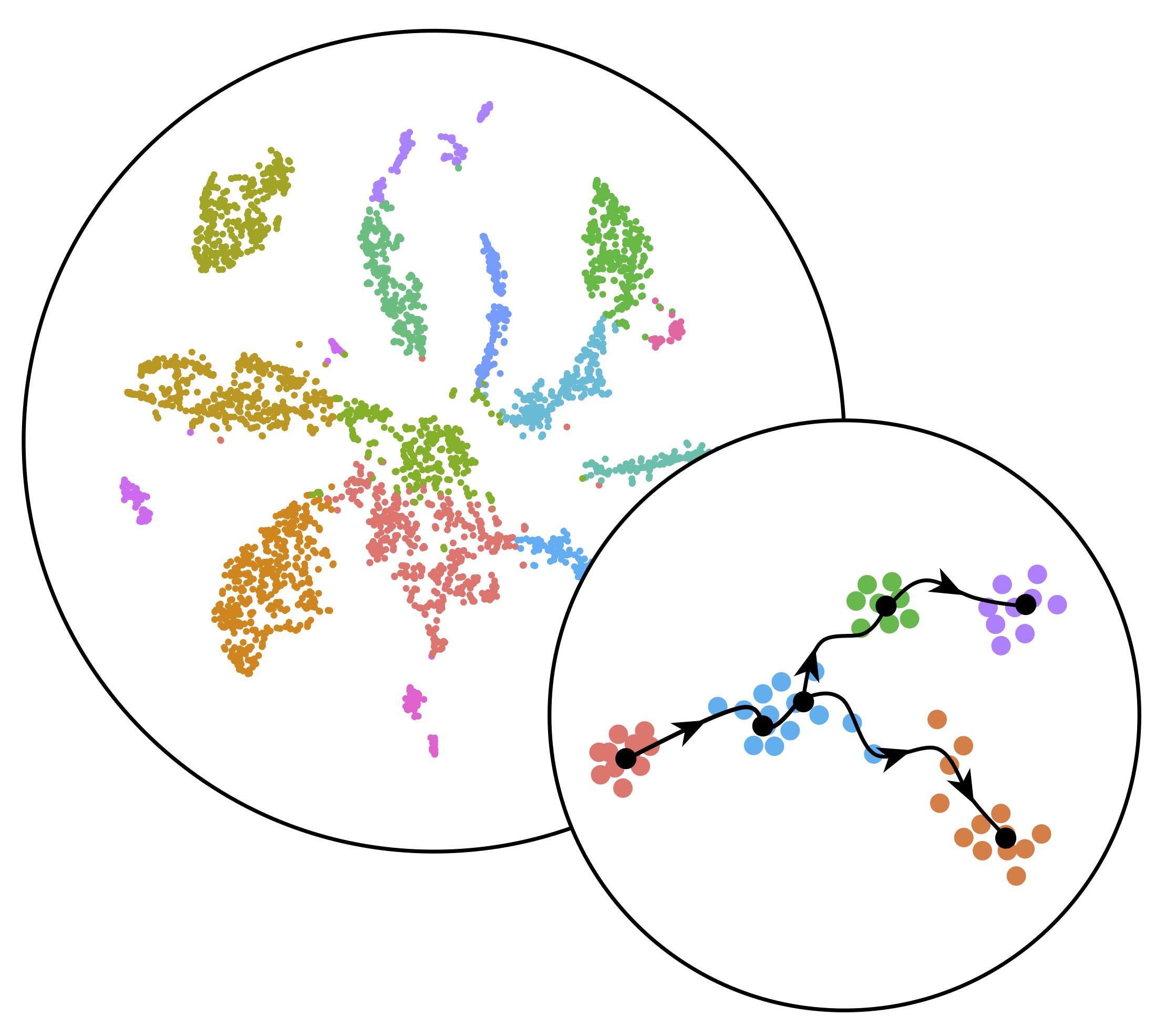
Defining cell identities and lineage dynamics of exocrine organs
Using developmental biology and single cell multi-omics, we are defining (1) cell identities, (2) lineage relationships and (3) cell-to-cell interactions required for healthy gland establishment and maintenance. Our work aims to give critical insight into gene regulatory networks that drive these processes which will provide us with a framework to understand gland remodeling processes in disease states.
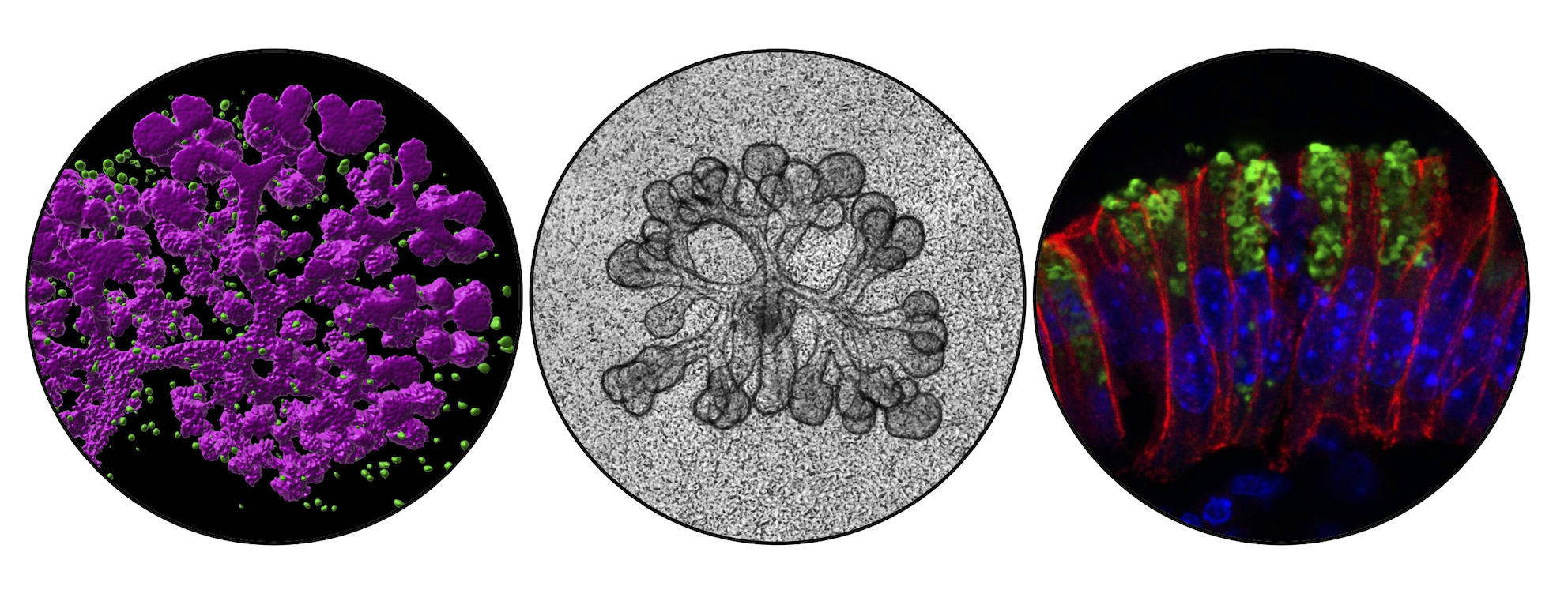
Determining genetic regulators of stem cell maintenance and cellular differentiation in epithelial organs
Employing in vitro and in vivo techniques combined with high resolution imaging, 3D rendering and RNA-sequencing, we are characterizing genetic regulators and signaling pathways required for stem cell maintenance, cell differentiation, and establishment of organized tissue architecture.
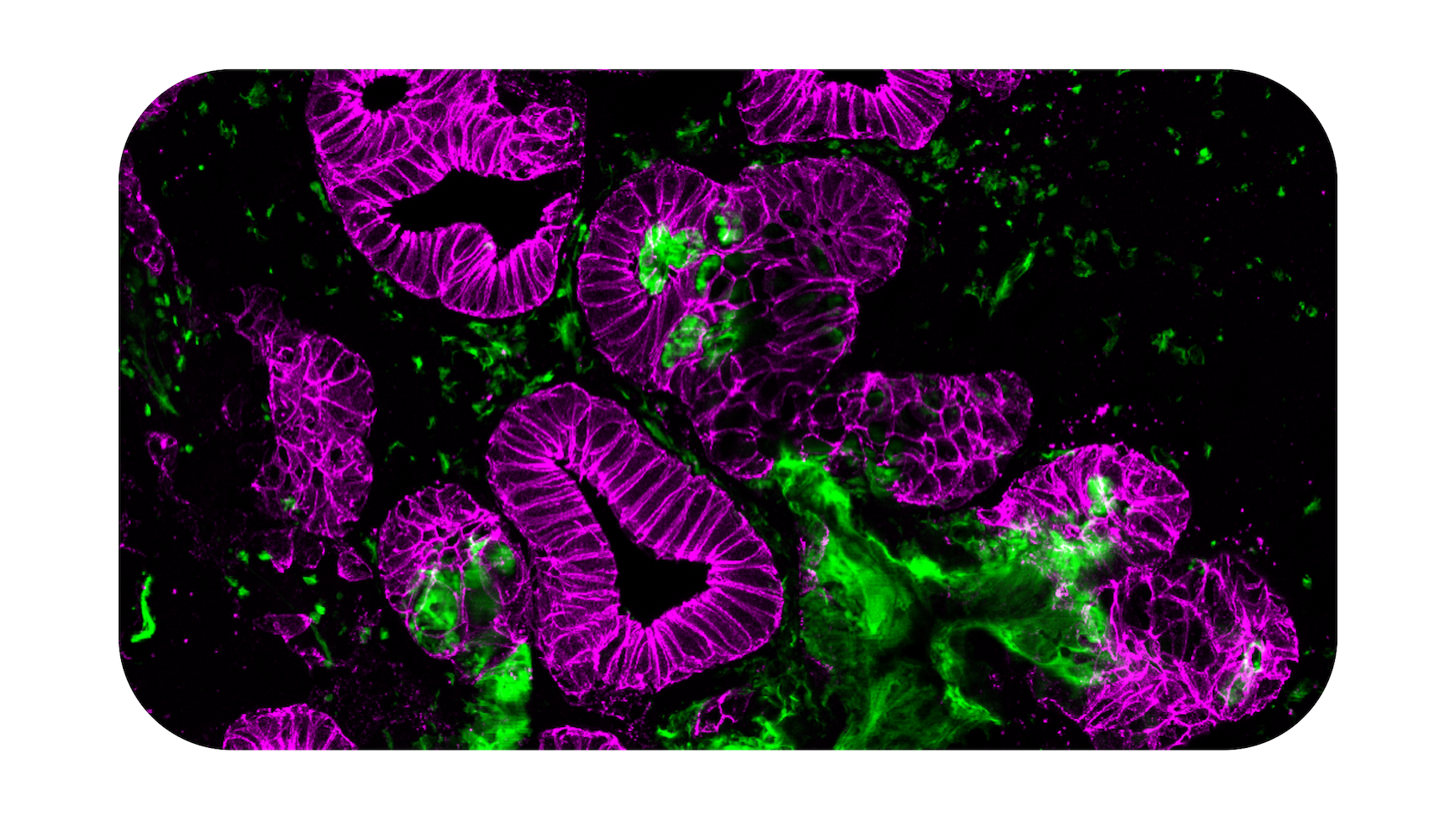 Identifying signatures of epithelial remodeling
Identifying signatures of epithelial remodeling
Epithelial remodeling and defective organ function contributes at large to hyper- and hypo-secretory diseases, yet how alterations in tissue architecture occur remains to be determined. Our lab aims to identify organ morphologies, cellular identities and stem cell behaviors that give rise to disease etiology, particularly anomalies of the upper airway.
Gallery

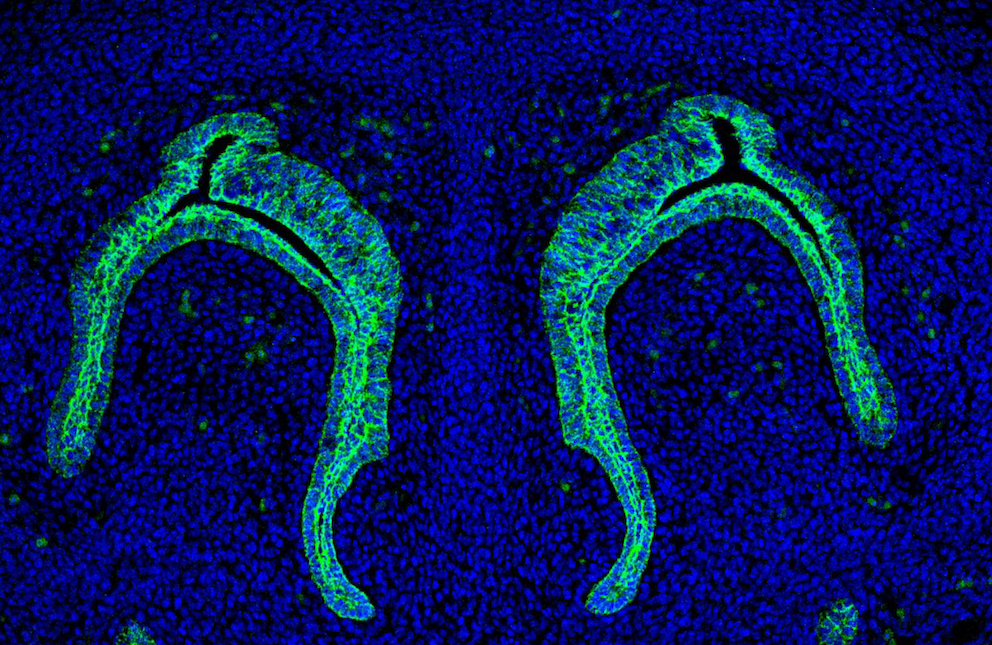
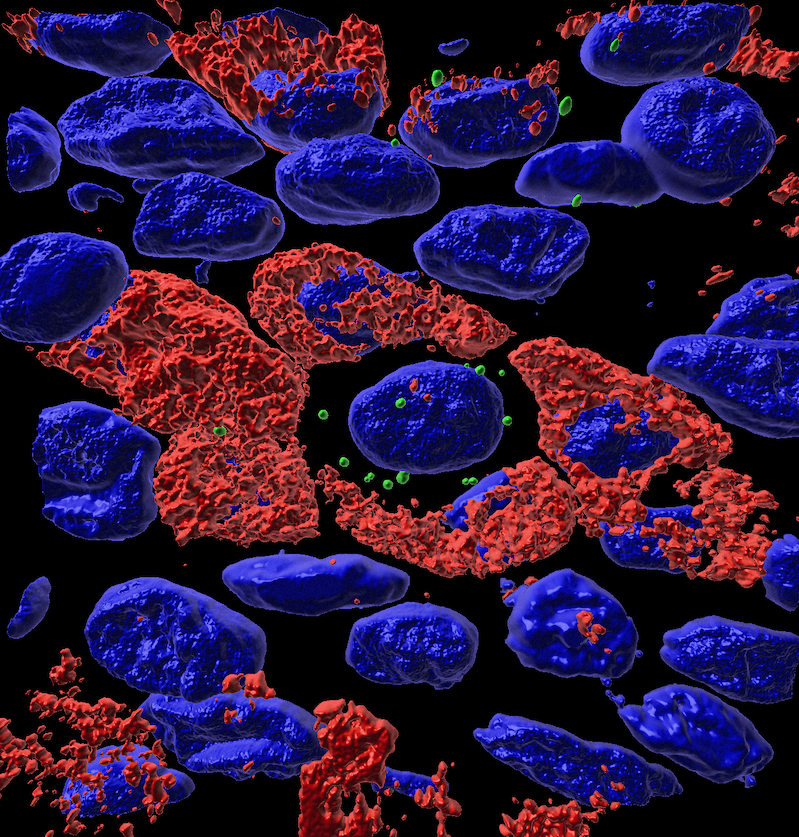
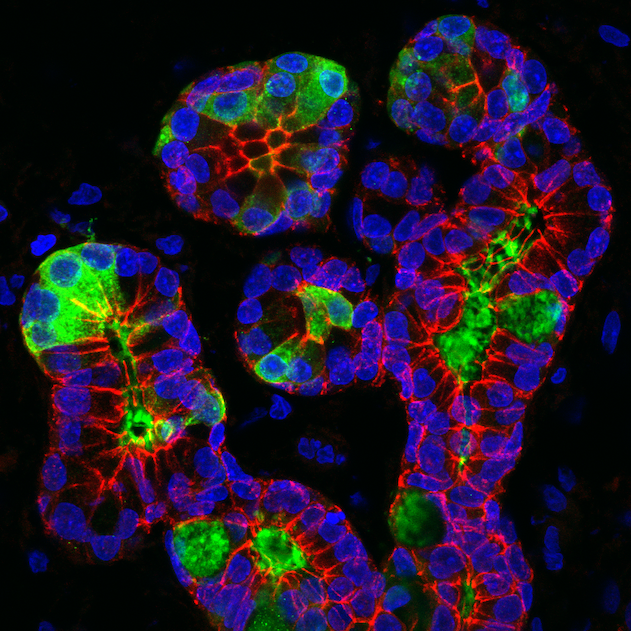
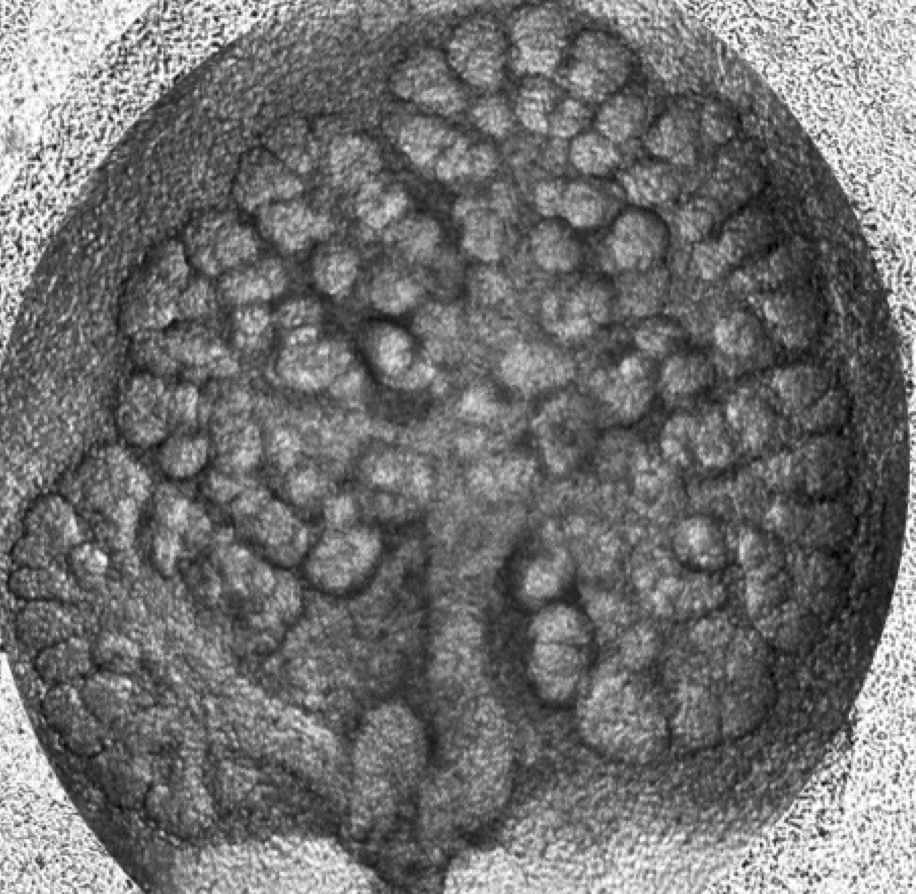
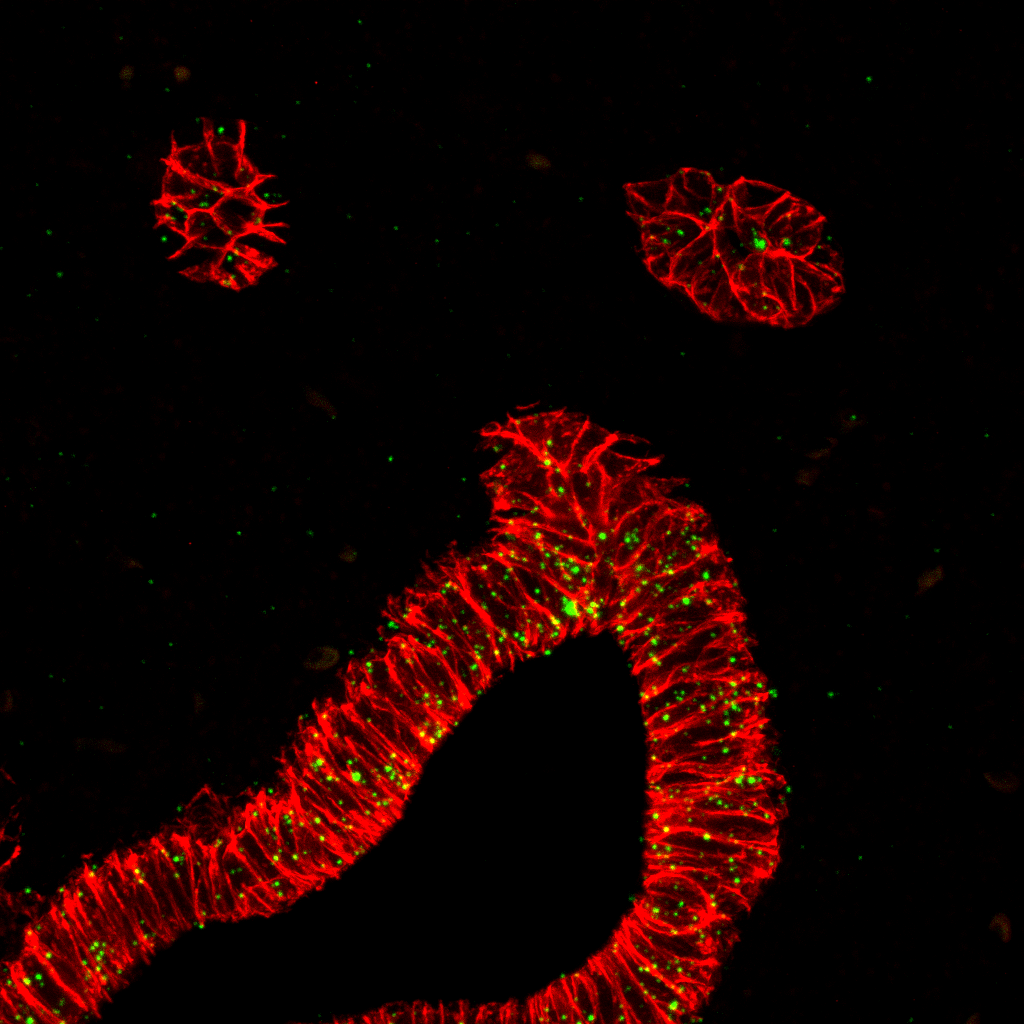
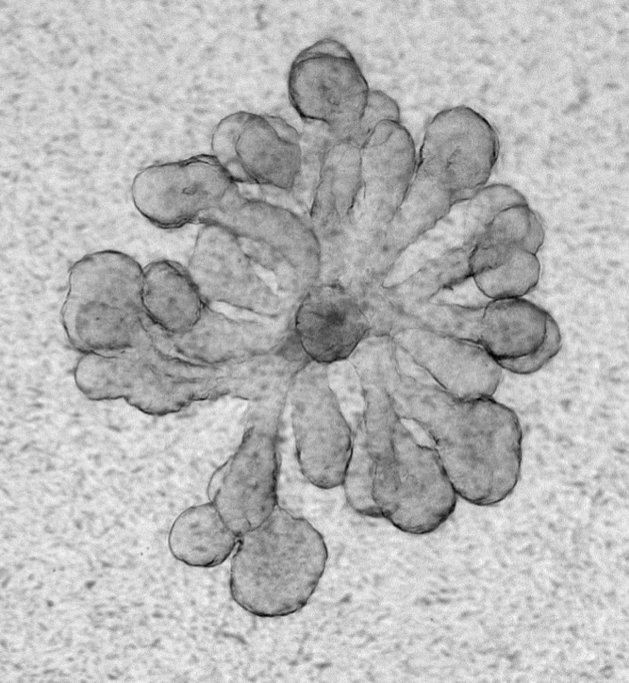
Join Our Team
We are hiring at all levels. If you are interested in a lab management, graduate student or postdoctoral research position, please contact us or apply below!
